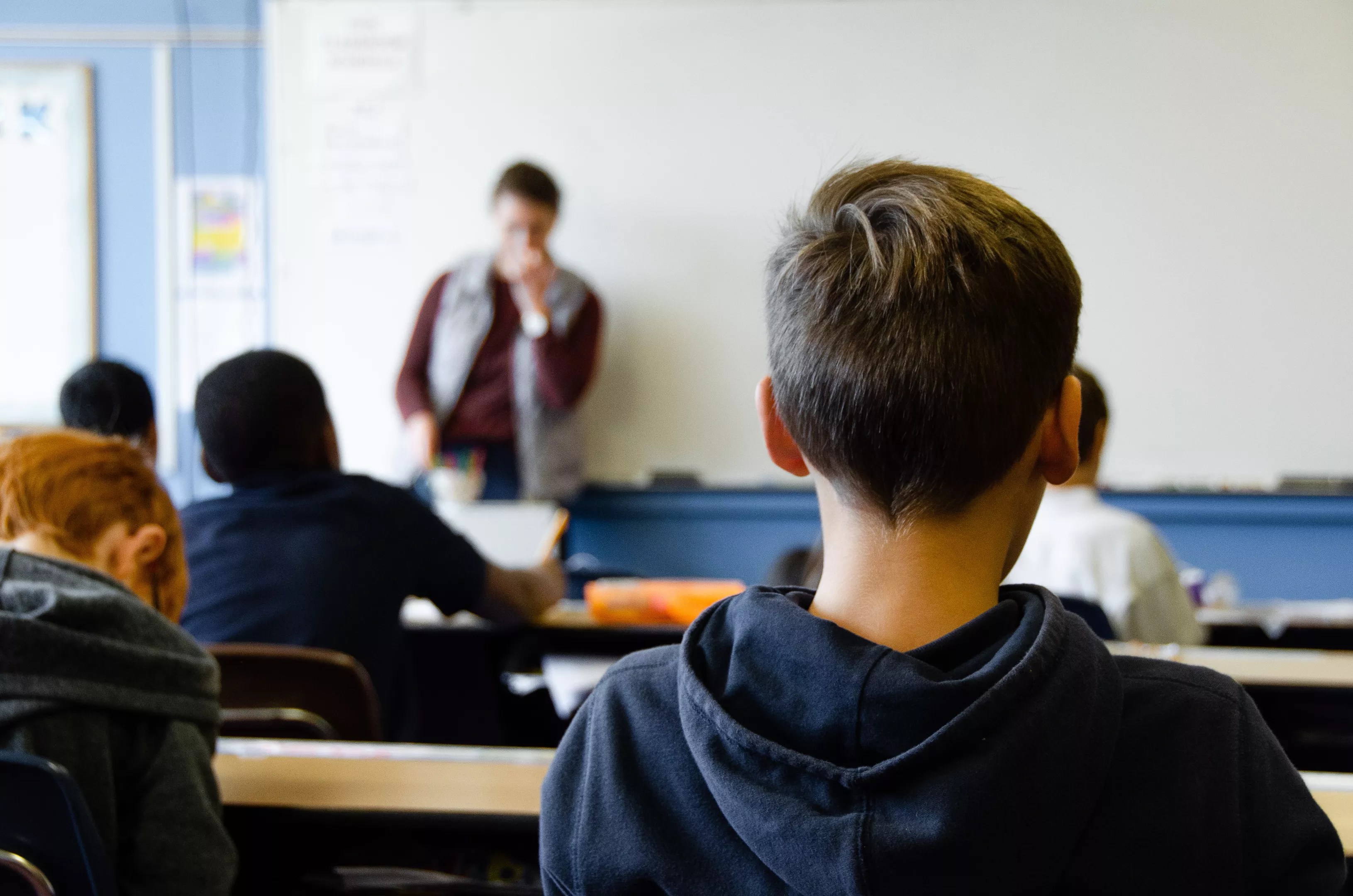
Photo by Taylor Wilcox on Unsplash

Audio By Carbonatix
For more than a year, many students learned online-only, and Dallas ISD world history teacher Kevin Hopper expects next semester to be a challenge. From what he can tell, the district also had low enrollment for summer school. And although there’s been a push to bring in outside tutors to help with learning loss, he’s uncertain of their qualifications.
Since the coronavirus pandemic struck early last year, students statewide struggled, resulting in a steep rise in learning loss. Now, with school resuming next month, Texas teachers are bracing themselves to play an untold amount of catch-up.
Late last year, Dallas ISD reported around 30% of its students lost learning in reading while half had lost learning in math. The numbers aren’t much better statewide.
In June, the Texas Education Agency announced the spring 2021 standardized testing results. For districts where more than three-quarters of students learned virtually, the number of students who met math expectations dropped by 32 percentage points when compared with 2019.
Then, there’s the issue of retention. “I’m anticipating a very high turnover rate this coming school year, so we’re also going to have a lot of loss of experience and talent coming into the school year,” Hopper said. “So we’ll be on even worse footing when it comes to implementing learning loss measures.”
With a new batch of teachers and administrators comes some inexperience, and those employees are essentially being asked to move a mountain, Hopper said.
Last year, many of Hopper’s students “checked out” for at least half of the school year, meaning they also didn’t learn anything for that time, he said. That will be true across the board, further widening learning gaps.
Certain grade levels will be hit harder than others, Hopper said. By the time kids reach high school, they’re mainly literate and able to care for themselves, but elementary kids have missed out on important foundational abilities.
“As we know with teachers, they’ve been tired too this last year.” – Colleen Eddy, associate professor at the University of North Texas
Dallas ISD teacher Naylee Azad knows her incoming pre-K4 students likely won’t have the same social and emotional skills as they would in typical semesters. Last year, some teachers pivoted to learning via online platforms, leaving kids less time to play together.
In some classrooms, 4-year-old students may be used to working on a tablet for six hours per day because teachers didn’t provide tangible instructional materials, Azad said. There was also low pre-K attendance last year among 3-year-olds, meaning they didn’t get as many authentic opportunities to build a solid learning foundation.
Some young learners could be lacking social, emotional and fine motor skills, she said. “I think that catch-up is going to come in the form of: How many kids have even held a pencil?” Azad said.
“When they don’t touch Play-Doh, they don’t develop those muscles necessary for writing,” she continued. “When they don’t use art supplies, they don’t know how to put them away.”
Many students and teachers have been in survival mode over the past year, said Colleen Eddy, an associate professor of mathematics education at the University of North Texas. Online instruction is less-than-ideal for teachers to interact with their students, especially for subjects like math.
Teachers have a tougher time responding to students when they’re in a virtual learning format, Eddy said. When it comes to learning math, educators need that in-person time to help each kid and gauge their progress.
To reconnect with students, teachers should focus on bringing in experiences kids face outside the classroom, she said. For instance, many families like to cook together, and recipes are good for learning fractions and proportions.
Eddy also encourages teachers looking for help to reach out to their local university education department. “As we know with teachers, they’ve been tired too this last year,” she said.